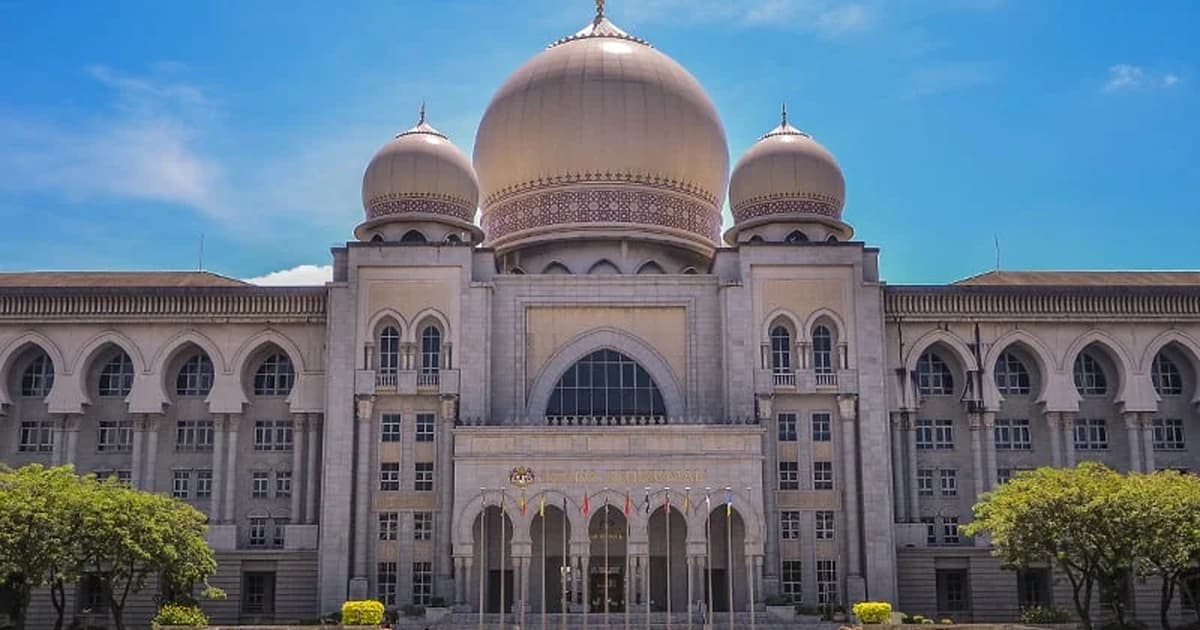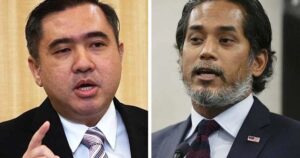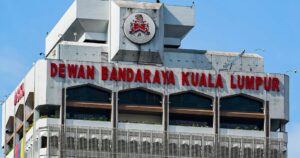
The Yang di-Pertuan Agong is required to follow the advice of the Federal Territories Pardons Board (FTPB) following a 1994 constitutional amendment, the Court of Appeal heard today.
Lawyer Yeo Yang Poh said there could only be one decision in the pardon process after Article 40(1A) was added to the Federal Constitution that year.
The provision stipulates that the king “shall accept and act in accordance with” advice in the exercise of his functions under the constitution or federal law.
“The FTPB now decides for the king, which is in line with a constitutional monarchy.
“The king does not make a second decision,” Yeo said in the Malaysian Bar’s appeal to reverse the High Court’s refusal to grant leave for a judicial review challenging the FTPB’s decision in former prime minister Najib Razak‘s SRC International case.
The appeal was heard by Justices Lim Chong Fong, Azhahari Kamal Ramli, and Leonard David Shim.
On Feb 2, 2024, the FTPB announced that the former prime minister’s prison sentence following his conviction in the SRC case had been reduced from 12 years to six, and his fine from RM210 million to RM50 million.
Yeo, who appeared with Zainur Zakaria, Rajpal Singh Ghai, and Ahmad Amir Mahmood, said previously that the personal decision made by the king was held to be non-justiciable.
“After Article 40(1A), the king no longer has personal discretion, without which no prerogative exists,” he added.
He said the king now exercised his constitutional power by accepting and implementing the FTPB’s decision, and that the constitutional change elevated the monarch above the fray of any perceived political influence or personal preference.
“A decision made by a statutory body such as the FTPB is justiciable,” he said, adding that the Bar’s leave application was far from frivolous.
Yeo said the courts had consistently taken the position, following the 1985 case of Sim Kie Chon v Superintendent of Pudu Prison & Others, that the decision of a pardons board is not subject to legal challenge, as they were in the UK.
In November last year, Justice Ahmad Kamal Shahid held that the king’s decision and the FTPB’s advice were part and parcel of a single process culminating in the pardon.
Consequently, Ahmad Kamal, now a Court of Appeal judge, said that the subject matter of the Bar’s proposed judicial review application was not suitable or appropriate to be reviewed by the court.
The judge ruled that the prerogative of mercy, under Article 42 of the constitution, involved a direct exercise of the king’s personal discretion.
The Bar filed its application in the High Court on April 26, 2024, naming the FTPB and Najib as respondents.
It sought declarations that the FTPB’s Jan 29 decision halving Najib’s prison sentence and reducing his fine was illegal, unconstitutional, and invalid.
Najib was convicted of misappropriating RM42 million from SRC and has been serving his sentence in Kajang prison since Aug 23, 2022.
He filed a petition for a royal pardon on Sept 2, 2022.
Senior federal counsel Ahmad Hanir Hambaly appeared for the FTPB, while Shafee Abdullah represented Najib.
The hearing has been adjourned to a date to be fixed after case management on Aug 18.






